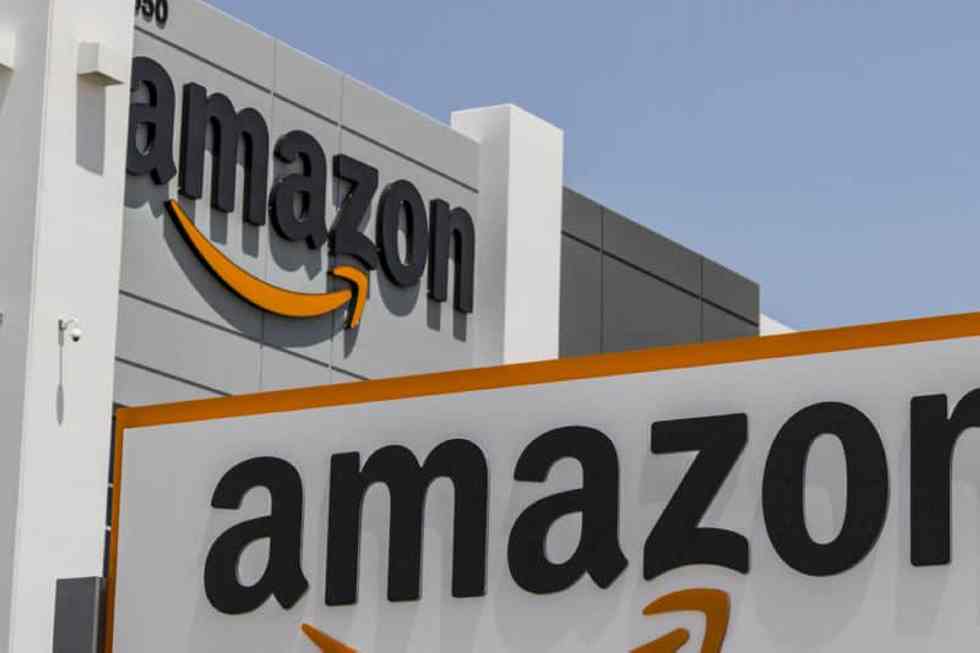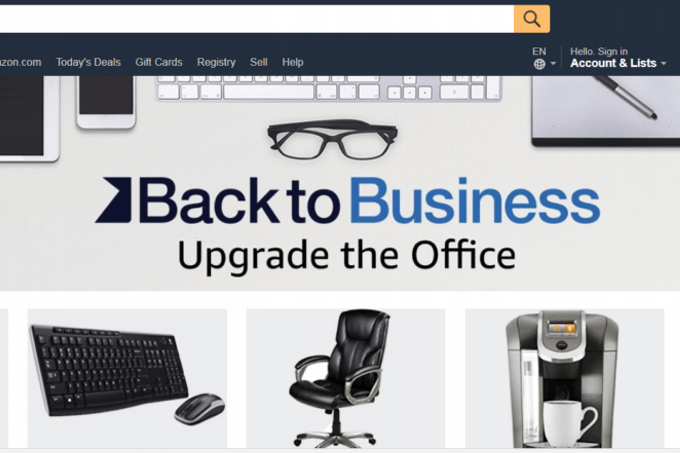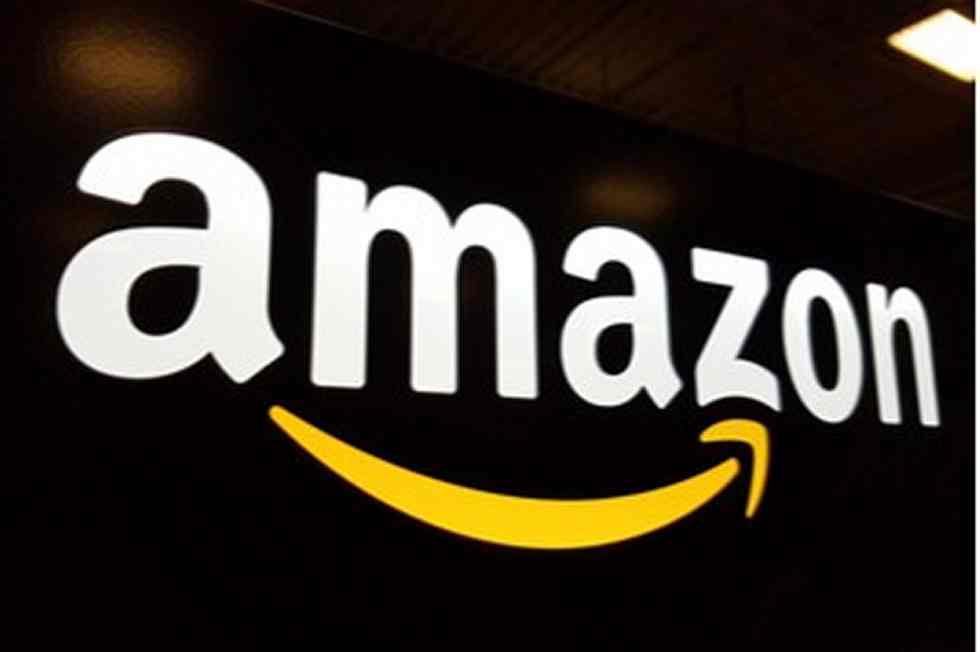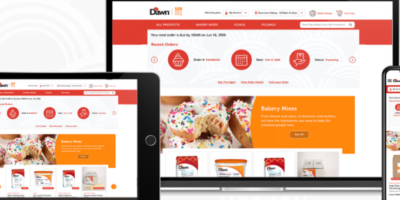
It’s onerous to foretell what’s going to turn into of the brand new firm introduced final week from Amazon, Berkshire Hathaway, and JPMorgan Chase. However it’s clear these firms convey collectively the precise capabilities you’d need if you happen to have been constructing a healthcare firm from the bottom up: shopper engagement and entry, world-class know-how, funds and knowledge experience, and danger administration prowess. Additionally it is clear this might be nice for customers.
What’s putting about this enterprise is that they’ve explicitly said they “will pursue this goal by an impartial firm that’s free from profit-making incentives and constraints.” It’s a luxurious many incumbents want that they had. Whereas the remainder of the business is shackled by the necessity to present in-year returns, their focus is on aligning incentives and creating worth first. Their focus is explicitly on the long run. Subsequently, they’ll deal with what’s at all times been true north for profitable runaway companies: delight the buyer, provide one thing distinctive, and clear up the buyer’s issues.
This enterprise is more likely to play the sport that Amazon particularly has at all times performed – delighting you with what’s essential to you—even when it doesn’t generate profits to start with. This might enable Amazon, Berkshire, and JPMorgan to deal with the onerous stuff, as 70% of the healthcare value greenback is attributable to life-style components which might be onerous to handle inside a single yr.
Whereas there’s no assure that Amazon, Berkshire, and JPMorgan will succeed, they did simply put extra chips on the desk.
Few gamers deal with managing folks’s healthcare over a number of years, not as a result of they don’t need to, however as a result of the incentives and revenue mannequin don’t help this. The system in healthcare as we speak is a “break-fix” mannequin: if you happen to fall sick or are injured, you go to the physician or hospital for a process or a drug.
Amazon, Berkshire, and JPMorgan might transfer healthcare to an “anticipate-prevent” mannequin. How? As a result of they know far more about you than your physician is aware of about you (and chances are you’ll even belief them extra). JPMorgan has your funds transaction knowledge and credit score knowledge. Amazon has a long time of your private buy historical past, your Alexa requests, and what suggestions you used or ignored. Geico has discovered how one can take an unemotional product – automobile insurance coverage – and make it consumer-friendly and accessible to the layman, altering your affinity for, and interplay with, a product. Geico additionally has knowledge in your driving historical past which can correlate to impulse management, and even perhaps life-style.
All three firms have an array of property focused at altering your behaviors by anticipating your wants and activating interventions while you want them most. And that is simply what they’ve as of now. They are going to purpose-build no matter they want for the long run, and turn into a customized platform to ship a spread of providers, together with no matter providers they decide to not construct themselves.
Primarily based on as we speak, right here’s a have a look at tomorrow
Let’s examine healthcare as we speak to what this enterprise might do for customers sooner or later.
Right now’s worker, for instance, is basically on their own when navigating healthcare. Let’s take a comparatively wholesome particular person who suffers from episodic again ache for example. He’s uncertain of when to see a health care provider. He goes to the physician or to the emergency room when feeling very ailing, however there may be not a lot help round prevention, or from making certain an incident doesn’t escalate to a disaster (to say nothing of the anxiousness round paying for his go to).
Right now’s physician doesn’t have a lot help both—there are restricted knowledge factors to work with between a affected person’s self-reported reporting signs (which is probably not totally recalled, represented or simply calibrated), and chosen assessments and lab values.
However within the new mannequin, Amazon might discover an uptick on this worker’s requests for over-the-counter ache relievers. A wearable might detect sleep disturbance and decrease exercise ranges. And Alexa might file a number of queries over a two-week span for how one can finest handle his episodic again ache. Within the background, algorithms are recognizing patterns, anticipating what’s subsequent, and determining how one can assist him on the proper time. We might see him signing up for an annual Prime Well being subscription—paid for with a JPMorgan bank card. After which when one thing does occur, his subscription has it lined—corresponding to a digital main care doctor and bodily remedy visits on his telephone, drugs, stress administration, diet, and train choices. His cost pockets advises him on when to make use of pre-tax funds.
Tomorrow’s world makes it simple for the buyer to make higher well being decisions. This world might finally mimic historical Chinese language practices, the place villagers paid their physician for day-after-day they weren’t sick.
However what in regards to the people who find themselves already sick? Navigating as we speak’s opaque, high-cost system is a irritating expertise – even for healthcare professionals.
How might Amazon, Berkshire, and JPMorgan ship any in another way for them? Let’s take an worker with a number of persistent situations. The brand new enterprise can assist with one in every of her largest ache factors as we speak round medicine—approvals, refills, and deliveries. But it surely doesn’t cease there. Alexa can assist her handle her situations. And medical doctors can monitor her vitals remotely earlier than something will get worse. Even in-home care is probably not exterior the realm of the potential. Straightforward on-line scheduling—an expertise that a number of banks present as we speak—mixed with Amazon Key to supply entry to sufferers’ houses—might allow new ranges and kinds of home-care providers. And all of this may be supplied in a personalized manner that reveals her the value for these providers, and meets her precise wants.
The infrastructure required to facilitate the motion of data and funds that underlies this expertise is kind of an endeavor, however JPMorgan brings vital expertise doing that, given it processes greater than 20% of all US shopper funds, totaling nearly $1 trillion, in accordance with analysis from Nilson.
Wealthy knowledge and belief can revolutionize shopper habits
This wealthy use of knowledge permits customized insights (à la Amazon Recommends) that may form an individualized care path for customers, on their phrases. This in flip creates belief, and earns the enterprise the correct to do much more. In the end the pivot from “break-fix” to “anticipate-prevent” is about shifting behaviors that steer customers to better-value choices, and even permits them to keep away from care altogether with higher interventions.
Is it Pollyanna-ish to assert a greater expertise design can change behaviors? Does it require a 30-year pitched battle like we noticed with smoking within the US? Not essentially. App designers are rewiring our brains as we speak with smartphones, and a few firms know extra about what motivates us than our family members do. Including to this momentum, these titans have confirmed they’re expert at beginning with a slim providing or section, and fine-tuning earlier than they increase. We wouldn’t be stunned to see them run an analogous play in healthcare.
However this doesn’t imply it’s “sport over” for incumbents—all hope will not be misplaced. What are you able to do to succeed and create worth for employers and customers another way? In case you are an incumbent, think about the sources at your disposal—extra healthcare information, extra knowledge, essential relationships and ecosystem companions— they’ve nice potential, if harnessed totally. But in addition take a tough have a look at your precise influence to this point.
Whereas there’s no assure that Amazon, Berkshire, and JPMorgan will succeed, they did simply put extra chips on the desk. Many incumbents are respiration a sigh of reduction that Oscar Well being didn’t topple the business. Amazon-Berkshire-JPMorgan might or is probably not the deal that disrupts healthcare. However the relentless test-and-learn mindset at Amazon and the said promise of all three to not let revenue get in the way in which of development means the principles are altering.
In the event you can say, “We’ve completed shopper segmentation, we’ve mapped the client expertise journey, we’re engaged on enhancing our expertise, and we’re beginning to do new merchandise and simplify healthcare,” that’s obligatory, however not ample. Ask your self: Has your internet promoter rating moved sufficient? Are you continue to caught with 1-2 payer supplier partnerships which might be caught within the weeds of negotiation? Have any of your offers delivered break-out buyer beneficial properties, vital will increase in market share, or actually lowered prices to clients?
If Amazon-Berkshire-JPMorgan is your future competitors, you should go additional and transfer quicker, as a result of their subsequent transfer might change what it takes to win. These opponents are humble sufficient to know they have no idea healthcare, however that’s the reason they rent or accomplice with high healthcare veterans and executives. They don’t seem to be encumbered with defending as we speak’s mannequin.
Most healthcare incumbents have deep experience and strategic property that ought to benefit them over disruptors, however they’re nonetheless unknowingly counting on the structural business obstacles which shield them. Healthcare incumbents can keep away from being the following Polaroid, Sears, or Blockbuster. The selection is yours.
Helen Leis is accomplice, Well being & Life Sciences, Oliver Wyman and Sukanya Soderland can be accomplice, Well being & Life sciences and Digital Practices, Oliver Wyman. This column initially was revealed on OliverWyman.com.
Favourite



















